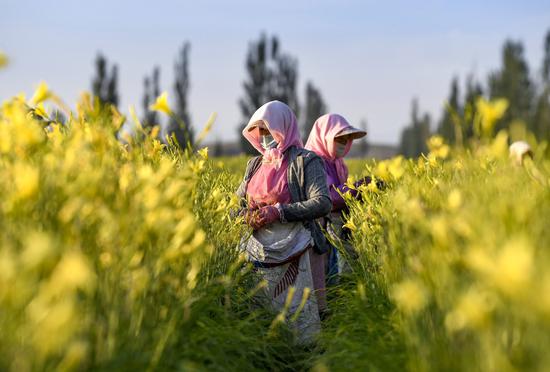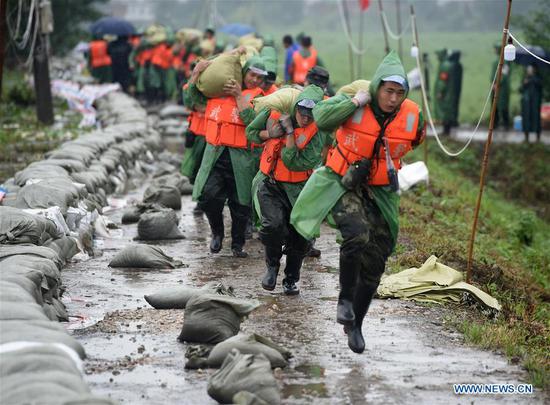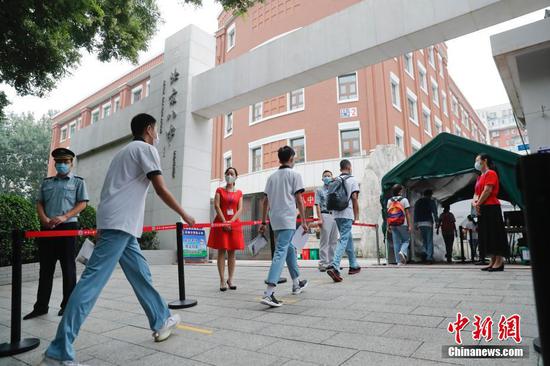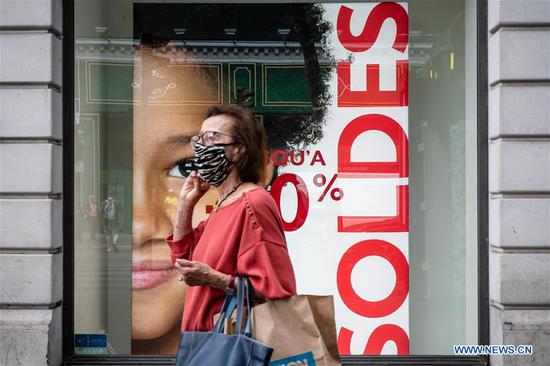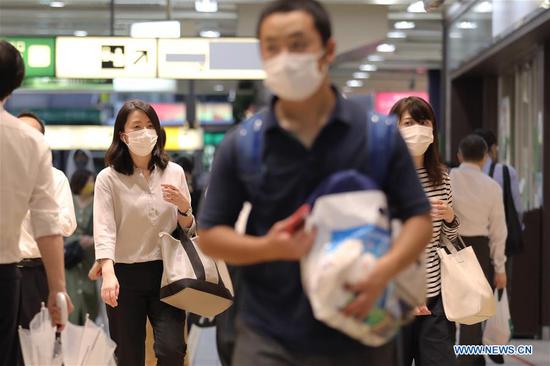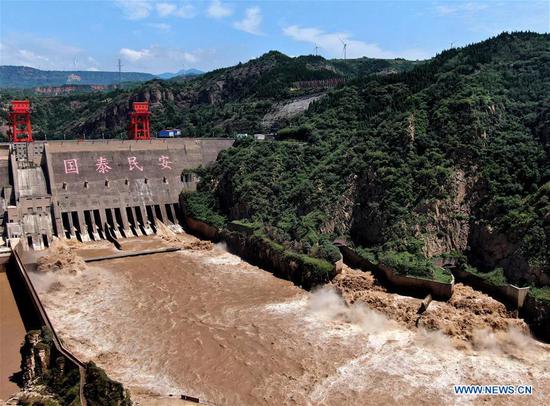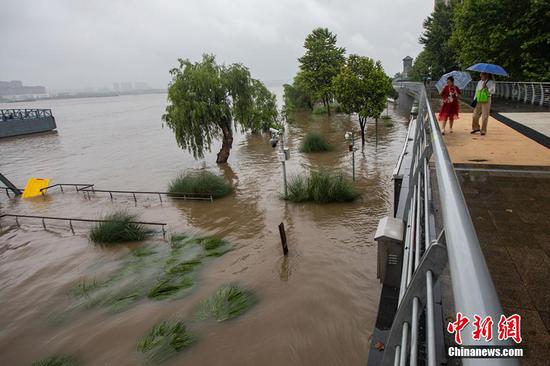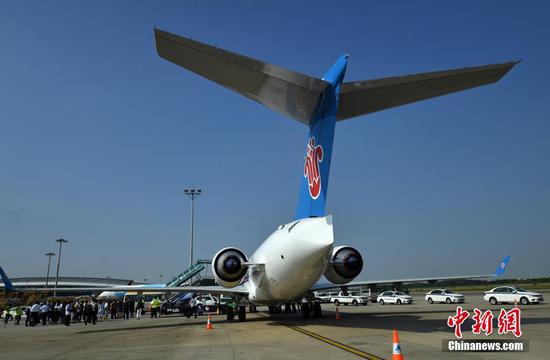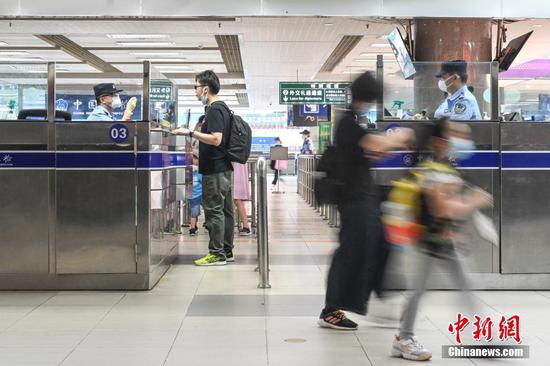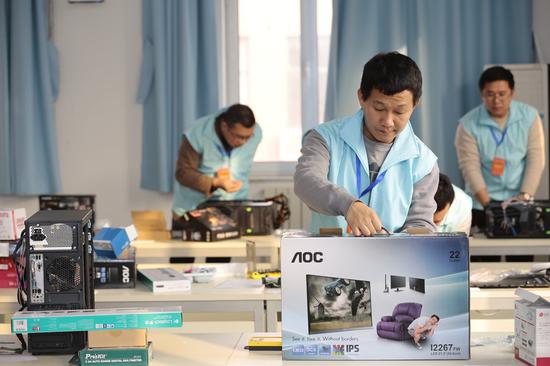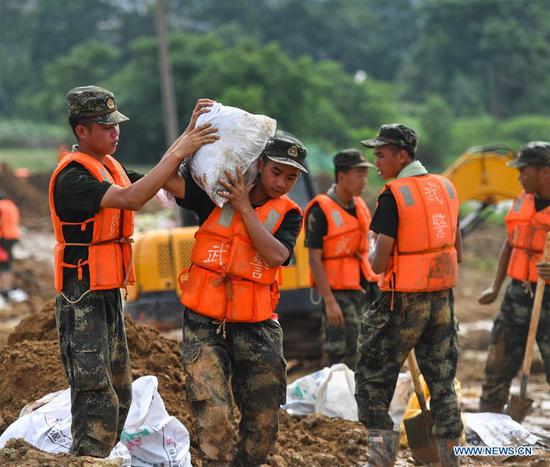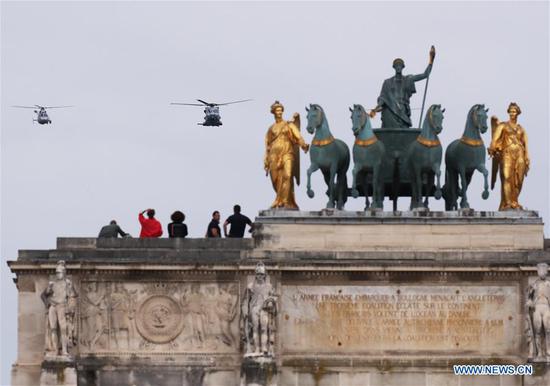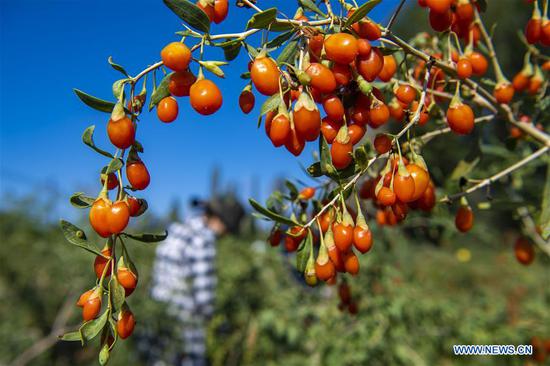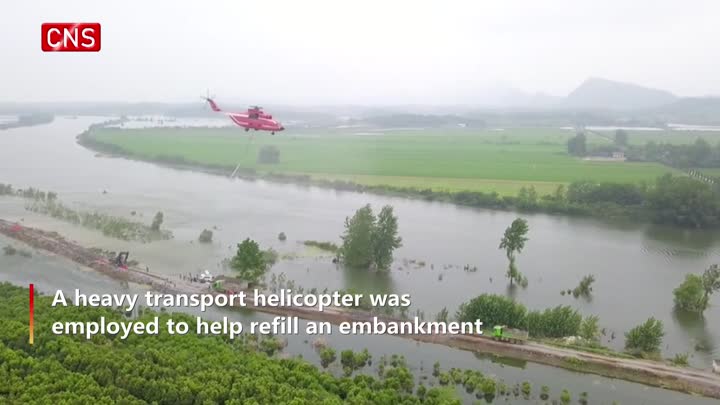As many countries gradually reopen their economies, the International Monetary Fund (IMF) Managing Director Kristalina Georgieva has called for further action to support a resilient recovery.
"Many countries are gradually reopening, even as the (COVID-19) pandemic remains with us," Georgieva wrote in a blog published earlier this week. "Clearly, we have entered a new phase of the crisis -- one that will require further policy agility and action to secure a durable and shared recovery."
The blog was published ahead of the G20 Finance Ministers and Central Bank Governors' Meetings, scheduled on Saturday in a virtual format.
Global output is projected to decline by 4.9 percent in 2020, according to an update to the IMF's April World Economic Outlook (WEO) released in late June. The latest projection is 1.9 percentage points below the April forecast.
Georgieva said the "exceptional" action taken by many countries, including the Group of Twenty (G20) -- through fiscal measures of about 11 trillion U.S. dollars and massive central bank liquidity injections -- "put a floor under the global economy."
"But we are not out of the woods yet," the IMF chief noted. "A second major global wave of the disease could lead to further disruptions in economic activity. Other risks include stretched asset valuations, volatile commodity prices, rising protectionism, and political instability," she said.
On the positive side, medical breakthroughs on vaccines and treatments could lift confidence and economic activity, she said, adding that these alternative scenarios highlight that "uncertainty remains exceptionally high."
"The bottom line is that the pandemic is likely to increase poverty and inequality, further painfully exposing weaknesses in health systems, the precariousness of work, and the challenging prospects for the young of accessing opportunities they desperately need," Georgieva said.
For a more inclusive and resilient recovery, the IMF chief called on governments to sustain targeted lifelines to protect individuals and workers, and support firms, especially small and medium enterprises (SMEs).
Meanwhile, governments should try to preserve financial stability, as job losses, bankruptcies, and industry restructuring could pose "significant challenges" for the financial sector, she said.
Noting that international cooperation is "vital" to minimize the duration of the crisis and ensure a resilient recovery, the IMF chief also highlighted several areas where collective action is key:
Guaranteeing adequate health supplies; avoiding further ruptures in the global trade system; ensuring that developing countries can finance critical spending needs and meet debt sustainability challenges; strengthening the global financial safety net.
On global trade, Georgieva said countries should do their best to keep global supply chains open, accelerate efforts to reform the World Trade Organization, and seek a comprehensive agreement on digital taxation.
On debt sustainability, she noted that continued progress on the G20 Debt Service Suspension Initiative is "especially important."
The IMF, for its part, has responded to this crisis in an "unprecedented" way -- including emergency financing for 72 countries in three months, said the managing director.
Georgieva noted that action is needed to invest in people -- in education, health, social protection, and in preventing the sharp increase in inequality this crisis could produce.
The IMF chief also urged governments to support low-carbon and climate-resilient growth, including through smart allocation of public spending, as well as take advantage of the digital transformation.
"G20 policymakers -- and all of us working together -- must seize the opportunity to make this future a reality," she said.










